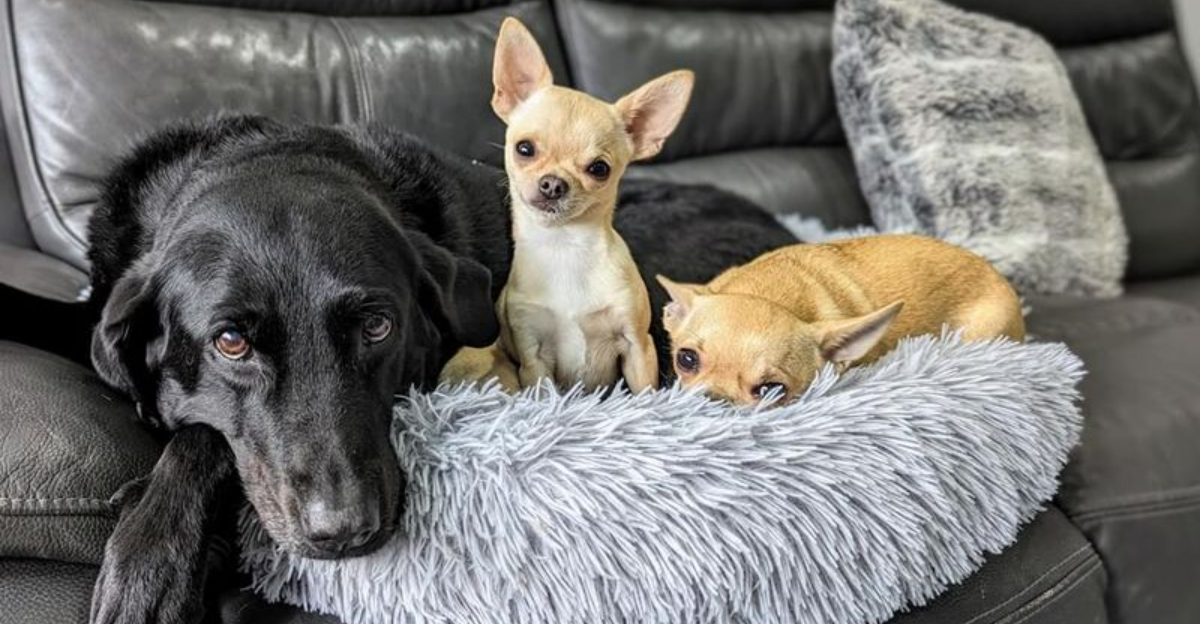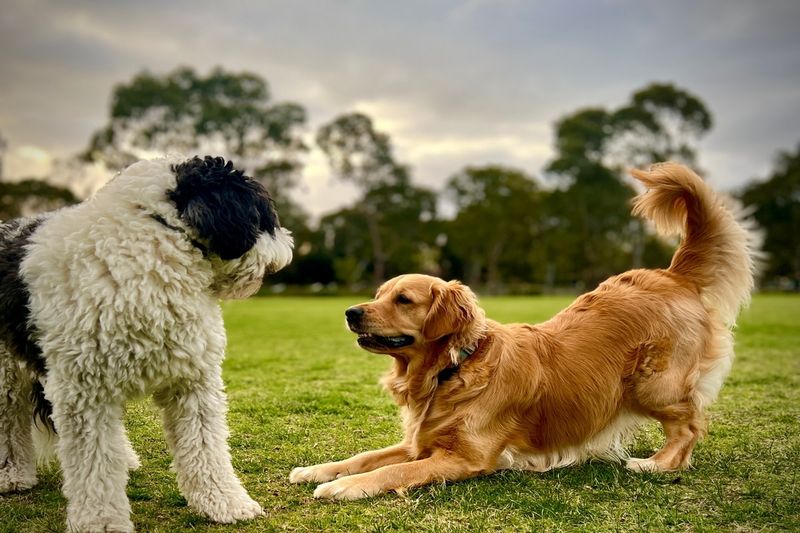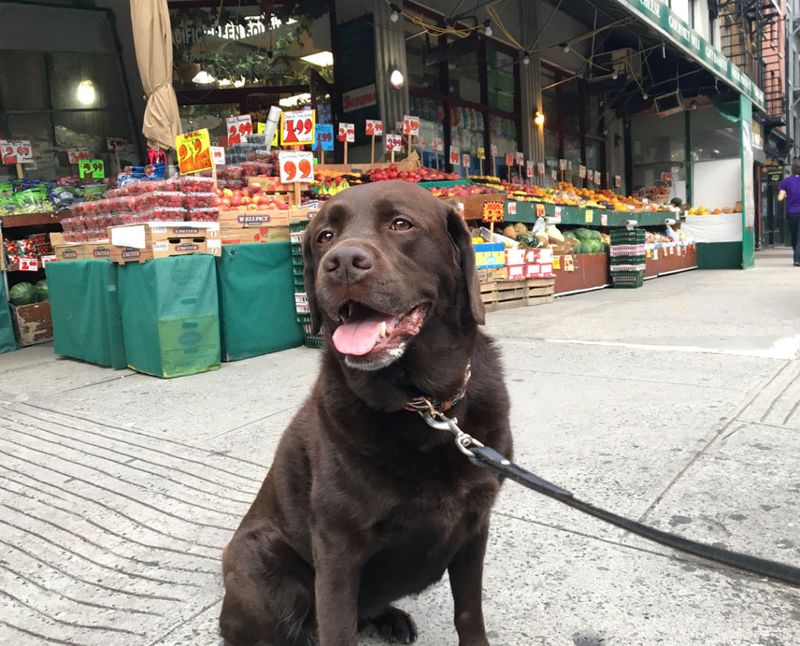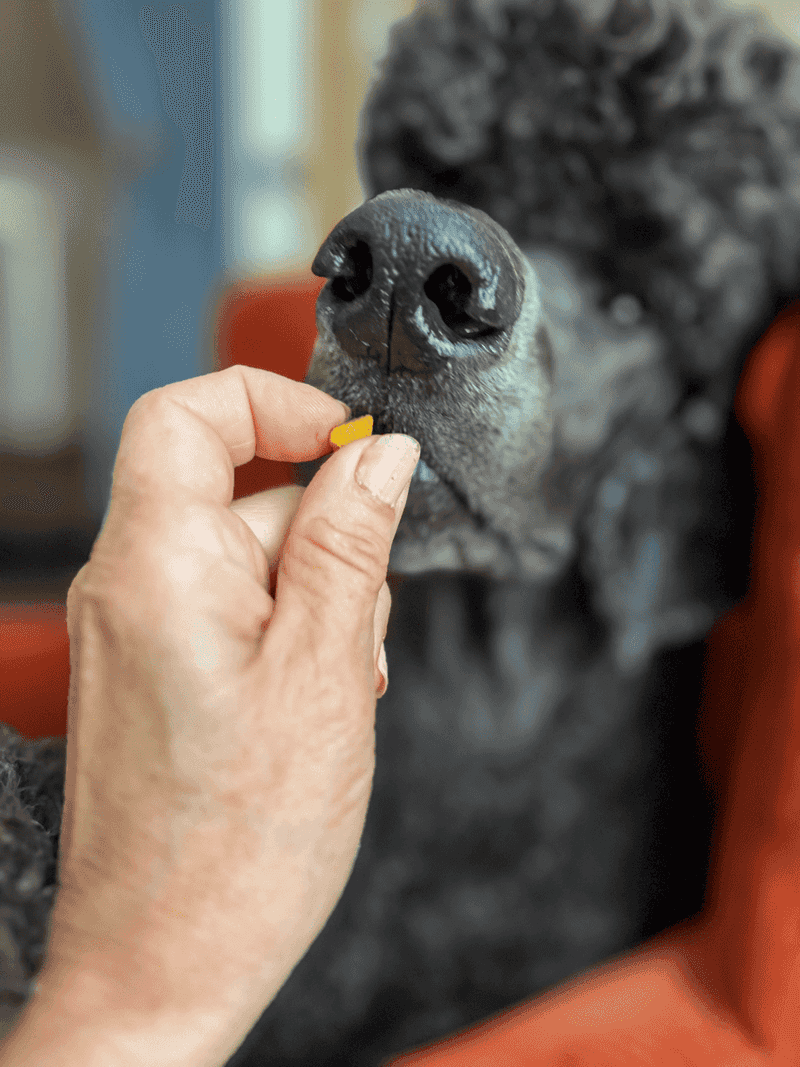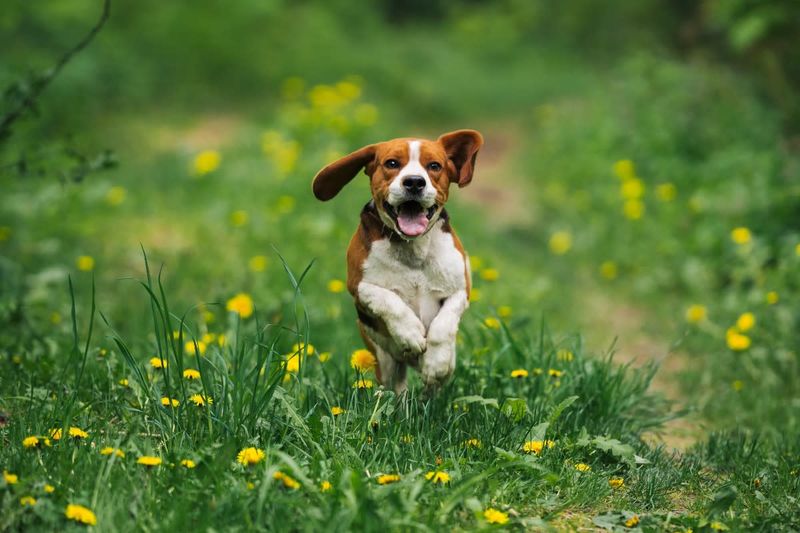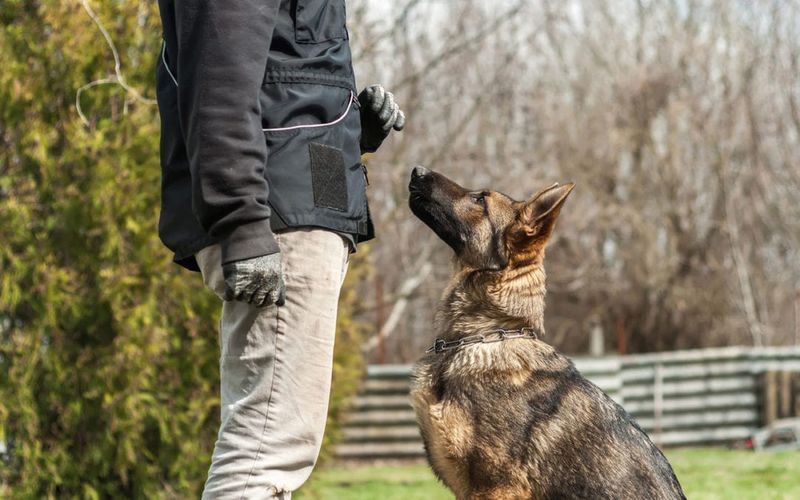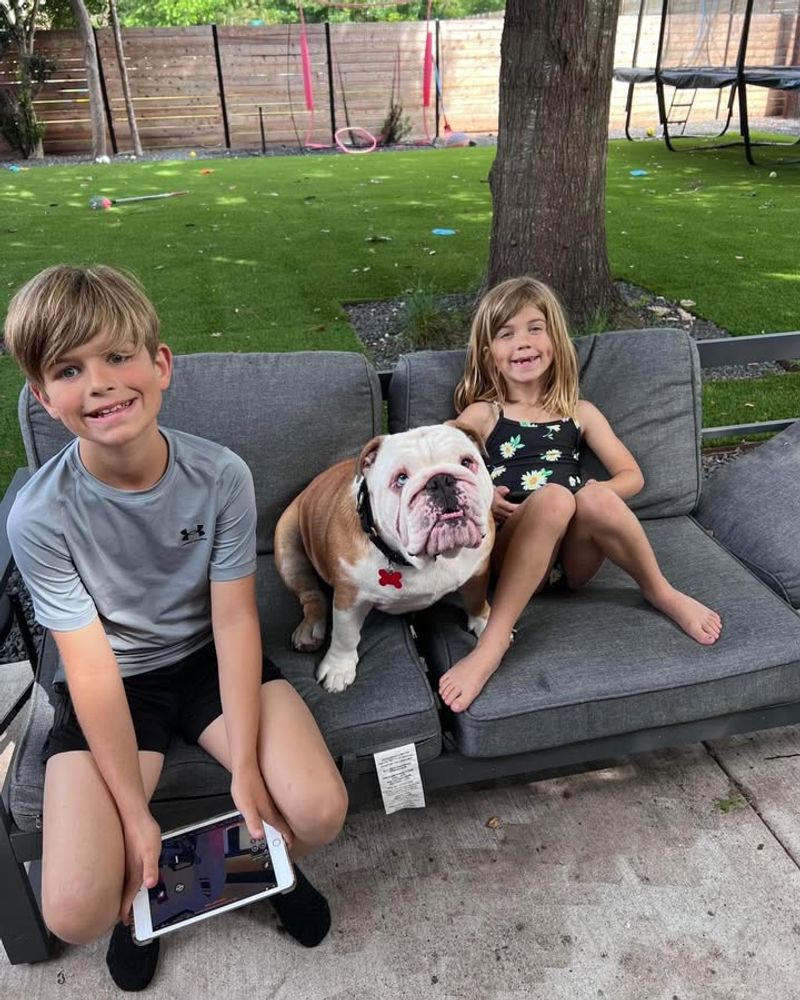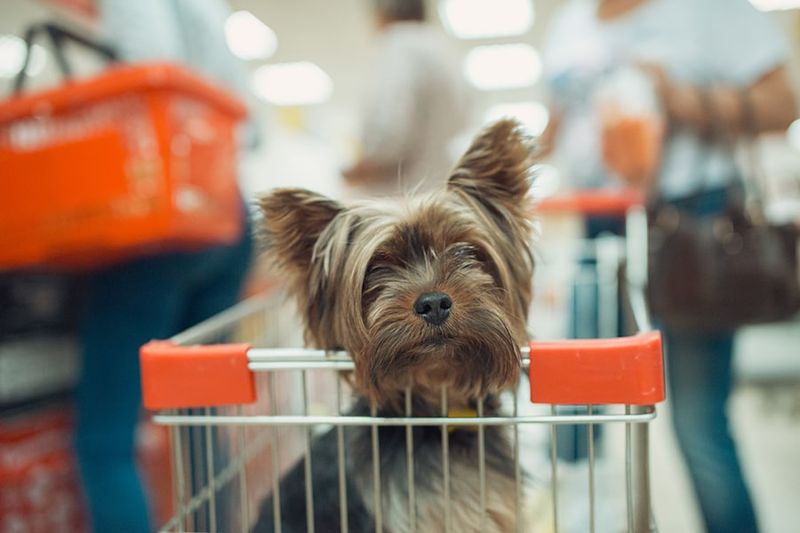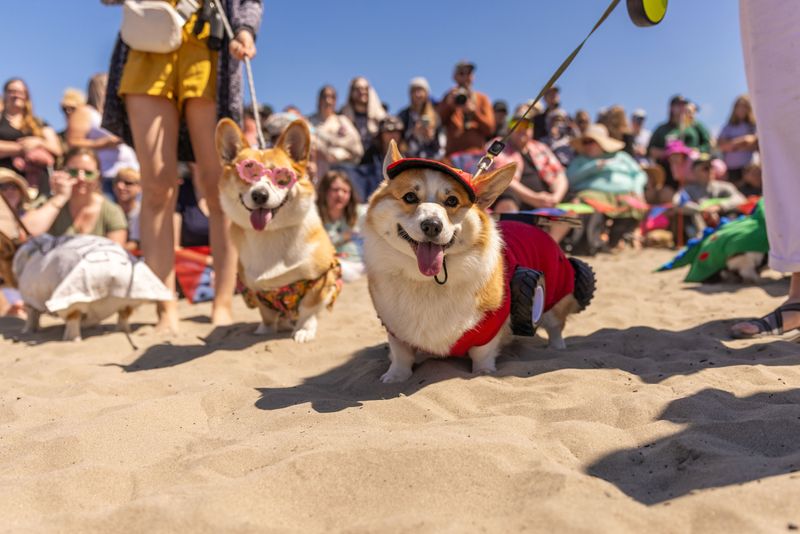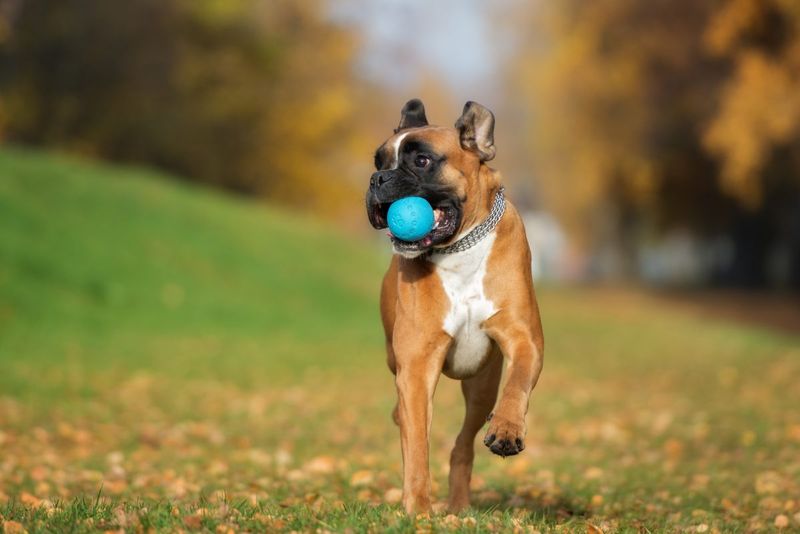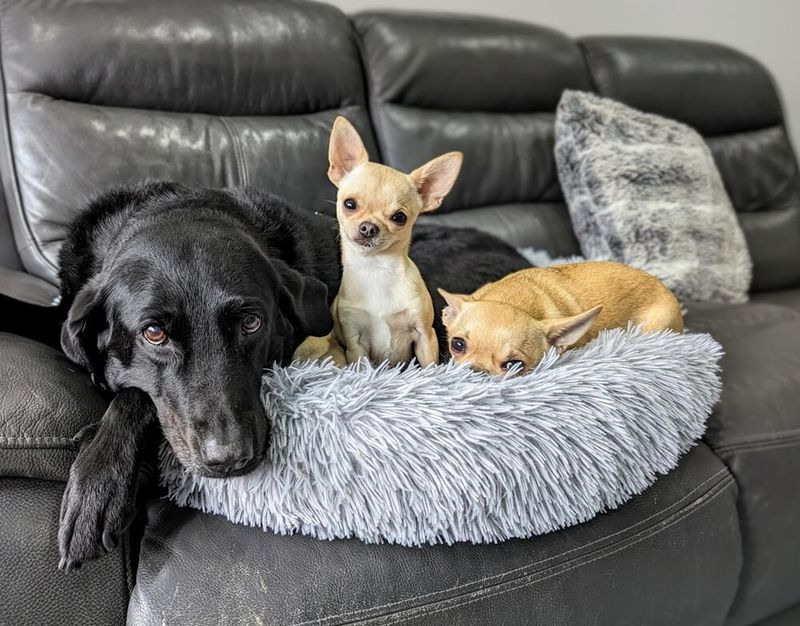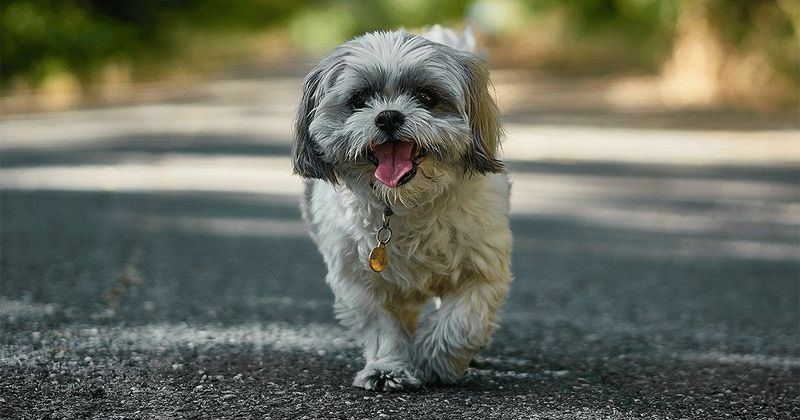Socializing your dog is crucial for their mental health and behavior. This process involves gradually introducing your pup to different environments, people, animals, and experiences. Here, we present 12 essential steps, inspired by the world’s most popular dog breeds, to help you socialize your furry friend effectively.
Golden Retriever’s Friendly Encounters
Golden Retrievers are known for their friendly nature, making them ideal role models for socialization. Take your pup to a local dog park where they can meet other dogs. This encourages friendly interaction and helps them learn social cues. Begin with short visits and gradually increase the time spent. Ensure your dog feels comfortable and monitor their behavior closely. If they seem uneasy, take a step back and let them relax. Over time, they will build confidence and enjoy their playdates, just like a Golden Retriever.
Labrador’s Love for Variety
Labradors are adaptable and love exploring new environments. Introduce your dog to various settings, like city streets, beaches, or quiet countryside walks. Each location provides unique experiences, sights, and sounds. This variety helps dogs become well-adjusted and less anxious in unfamiliar surroundings. Take it slow and observe how your pup reacts to different stimuli. Labradors thrive on change, and with patience, your dog will too. These outings not only stimulate their senses but also strengthen your bond, making every adventure enjoyable.
Poodle’s Positive Reinforcement
Poodles are intelligent and respond well to positive reinforcement. Use treats and praises to reward your dog during socialization exercises. Whether they meet a new friend or stay calm in a crowded place, a reward reinforces good behavior. Consistency is key, so be sure to praise them every time they accomplish something positive. Like Poodles, your dog will soon associate socialization with fun and rewards. This technique not only aids in socializing but also enhances your dog’s training sessions.
Beagle’s Curiosity
Beagles are naturally curious, making them perfect for interactive socialization. Take your dog on sniffing adventures, letting them explore gardens, parks, or natural trails. This satisfies their curiosity and helps them interpret the world through scents. Encourage gentle interaction with harmless insects or plants, but always supervise their explorations. Beagles teach us that curiosity drives learning, and your dog will gain confidence as they explore their environment. Such activities foster a sense of discovery and joy in your dog, making every outing an exciting learning experience.
German Shepherd’s Structured Play
German Shepherds thrive in structured environments. Enroll your dog in obedience classes or playgroups where they can follow commands and socialize in a controlled setting. This introduces them to discipline and teamwork. Participating in classes with other dogs teaches them to focus amidst distractions, a skill German Shepherds excel in. These sessions improve their ability to cooperate and follow instructions, essential traits for a well-socialized dog. Structured play ensures your pet learns essential social skills while enjoying the company of others.
Bulldog’s Calm Approach
Bulldogs are known for their calm demeanor, making them excellent examples of gentle socialization. Expose your dog to family environments, like parks with children and strollers. This helps them become comfortable with various activities and noises. Start with small gatherings, gradually introducing more complex situations. Observe their reactions and offer comfort if needed. Bulldogs show us that patience and calmness are vital in the socialization process. Through gentle exposure, your dog will learn to remain calm and composed in lively surroundings.
Yorkie’s Confidence Building
Yorkshire Terriers may be small but are known for their bold personality. Boost your dog’s confidence by taking them to pet stores or cafes. These places offer a mix of new smells, sights, and people. Let them approach other dogs and humans at their own pace, ensuring every experience is positive. Yorkies teach us that confidence grows with exposure and encouragement. Your dog will learn to navigate busy areas with ease. Building confidence in varied settings helps them become well-rounded and sociable pets.
Dachshund’s Patience in Process
Dachshunds are known for their patience, a crucial trait in socialization. Practice sitting calmly with your dog in busy areas, like streets or parks. This helps them get used to human activities and traffic. Start with shorter durations and slowly increase the time as they grow more comfortable. Dachshunds remind us that patience is foundational in acclimating to new environments. With time, your dog will patiently observe their surroundings, learning to be calm amid activity and noise.
Corgi’s Engagement with People
Corgis have an innate ability to engage with people, making them great models for social interaction. Bring your dog to community events where they can meet people of all ages. This exposure helps them understand human diversity. Encourage gentle interactions and always supervise their engagements. Corgis show us that building relationships is key in socialization, fostering trust and companionship. Through diverse human interactions, your dog will learn to appreciate different personalities and social settings.
Boxer’s Energetic Play
Boxers are energetic and thrive on play. Engage your dog in active play sessions like fetch or tug-of-war in open spaces. This not only burns energy but also encourages social play with humans and other dogs. Ensure the play is positive and structured, allowing your dog to understand boundaries. Boxers teach us that energy channeled positively enhances social skills and friendships. Such activities build trust and communication between you and your dog, essential for their social development.
Chihuahua’s Adaptation to Size
Chihuahuas, despite their size, are adaptable and teach us about confidence. Introduce your small dog to larger canine friends. This helps them realize that size isn’t a barrier to making friends. Supervise these interactions closely, ensuring your dog feels safe and secure. Chihuahuas prove that adaptability builds resilience, a crucial aspect of socialization. Your dog will learn to interact with dogs of all sizes, fostering an inclusive and friendly attitude towards others.
Shih Tzu’s Enjoyment of Routine
Shih Tzus thrive on routine, making consistent socialization crucial. Establish a daily routine of walks and interactions, allowing your dog to anticipate and enjoy social activities. Familiar environments and faces help them feel secure, promoting positive interactions. Shih Tzus show us that routine fosters a sense of stability and confidence. Through regular social activities, your dog will learn to enjoy and expect friendly encounters, enhancing their social well-being.
